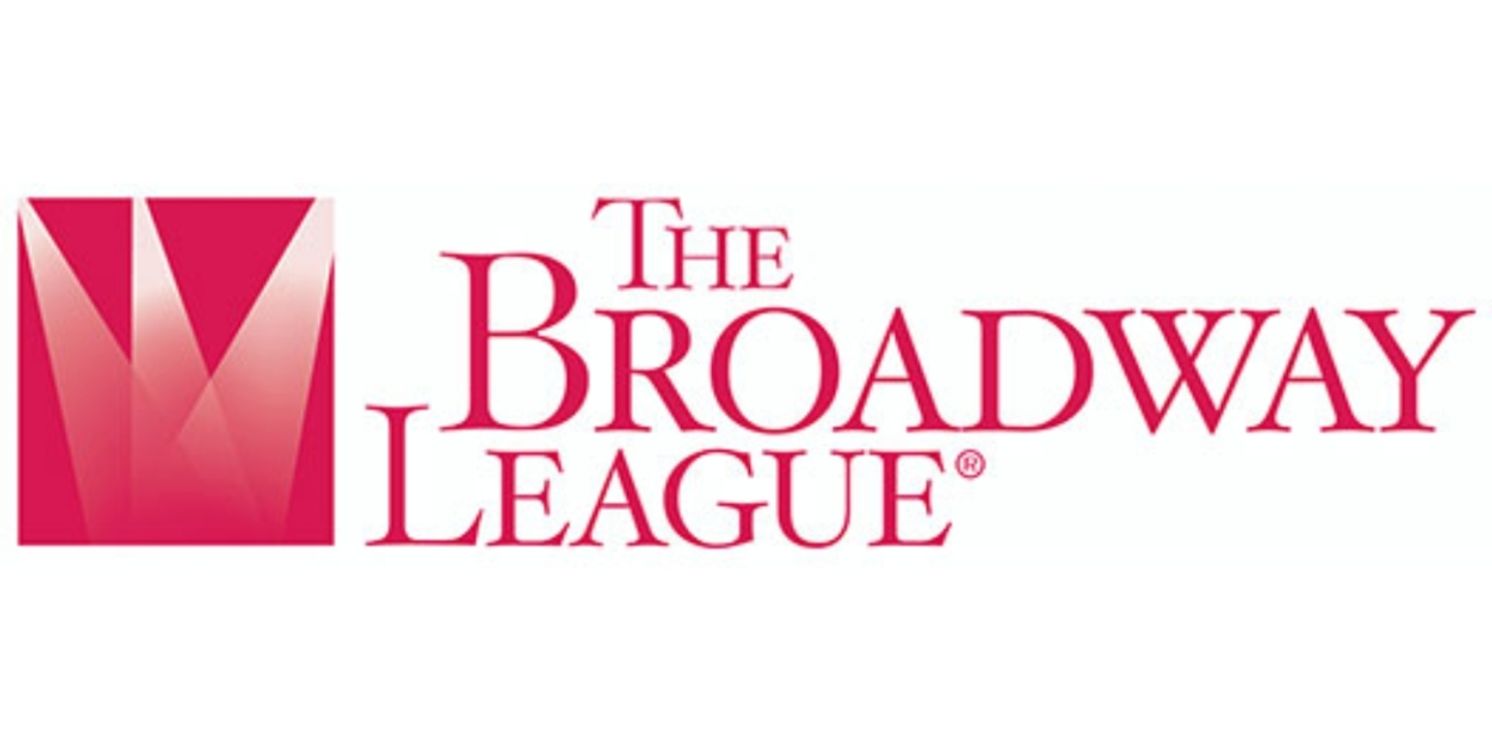Broadway League Steps Back from Light-Dimming Announcements Following Backlash
The Broadway Theatre Owners Committee will take over light-dimming tributes, shifting the announcement process away from the Broadway League.

The Broadway League will no longer be involved in announcing the traditional dimming of marquee lights that honors the memories of deceased performers, writers, and other influential figures in the Broadway community. Moving forward, these announcements will be handled by an outside press spokesperson for the Broadway Theatre Owners Committee, the group of theater owners responsible for the decisions surrounding light-dimming tributes.
This change comes after recent controversies surrounding the Committee’s decisions, since reversed, to dim the lights at only select theaters for actors Gavin Creel and Adrian Bailey. Decisions originally announced by the Broadway League’s communications team as a courtesy to the Owners Committee, led to public confusion and criticism, as the League had no actual role in the decision-making process. The Owners Committee operates independently, yet the League’s involvement in announcements linked the trade organization to the contentious decisions.
Although no formal statement has been made regarding the shift in the communications process, two recent light-dimming announcements, one for Maggie Smith and another for Gavin Creel, were distributed by Polk PR, a Broadway-focused publicity firm, with no mention of the Broadway League. The announcements were attributed solely to the Broadway Theatre Owners Committee.
According to Deadline, the League will no longer participate in future dimming announcements.
The Broadway Theatre Owners Committee comprises representatives from major Broadway theater owners, including Nederlander, Shubert, ATG Entertainment, Disney, Lincoln Center Theater, Manhattan Theatre Club, Roundabout Theater Company, Second Stage Theatre, and Circle In The Square.
The decision to move the light-dimming announcements away from the League follows significant backlash regarding partial tributes for Creel and Bailey. Creel, a Tony Award-winning performer with a dedicated fan base, and Bailey, an actor who retired after a severe onstage accident in 2008, were initially scheduled to receive dimmings at select venues, with one theater from each of the major owners participating. The partial tributes were met with widespread criticism, leading Time Out New York critic Adam Feldman to launch a Change.org petition that quickly gained over 22,000 signatures. Actors’ Equity, the union representing stage actors and stage managers, also voiced concerns over the selective nature of the dimmings.
While the practice of partial dimming is meant to broaden the scope of those honored beyond high-profile figures like Stephen Sondheim or Chita Rivera, it has often been perceived as a judgment on a performer’s worth or talent. In Creel’s case, this interpretation sparked outrage, particularly given his immense popularity and significant contributions as an LGBTQ+ activist.
The Committee reversed its decision on October 9, announcing that full tributes would be provided for both Creel and Bailey. That announcement, issued by the League’s in-house communications department, was the last to come from the organization, signaling the end of their involvement in the dimming tradition.
The practice of dimming Broadway’s marquee lights dates back to the early 20th century but became more formalized in 1952 following the death of actress Gertrude Lawrence. Initially a rare occurrence, the tributes have become more frequent in recent decades, with several controversies arising over who is deemed worthy of the honor. Notable examples include the 2014 backlash over the initial refusal to dim lights for Joan Rivers and the partial tributes for actresses Jan Maxwell and Marin Mazzie in 2018. More recently, a partial dimming for Hinton Battle, a pioneering actor of color, was also reversed following public outcry.
Videos


